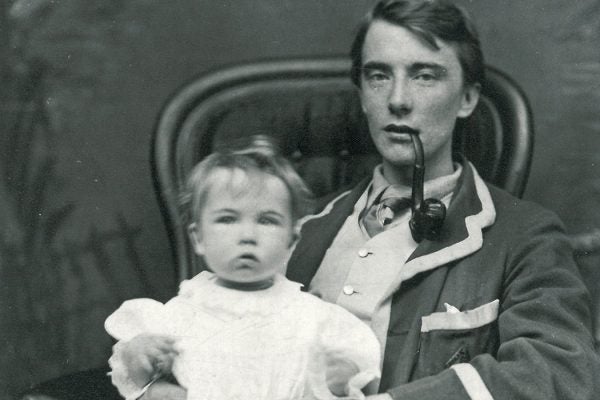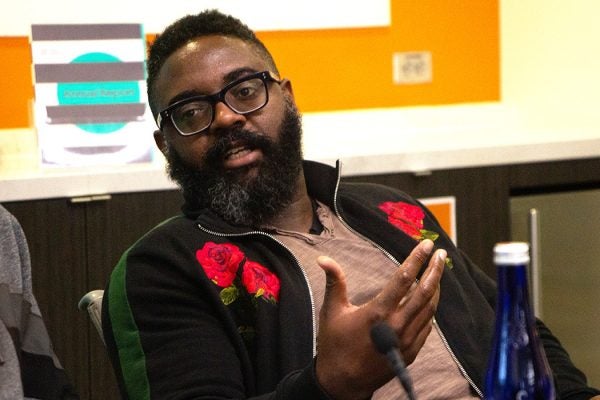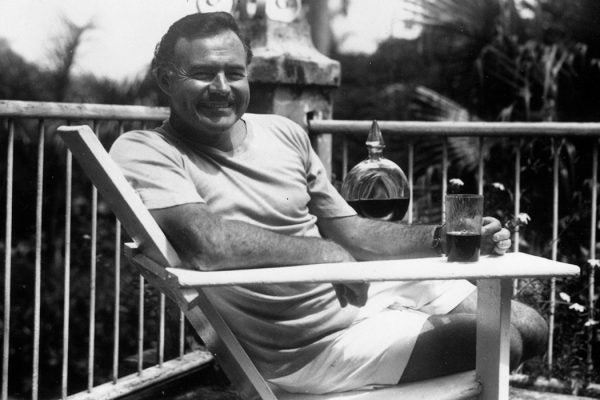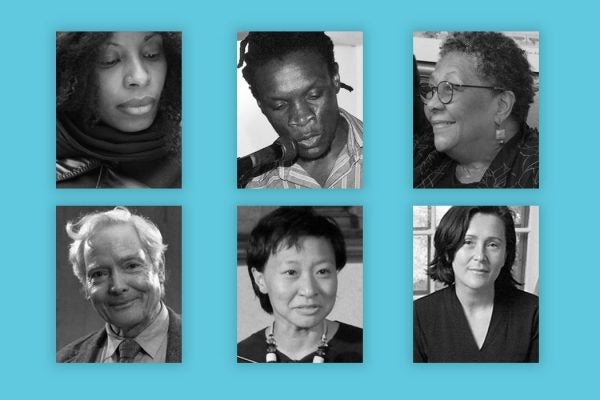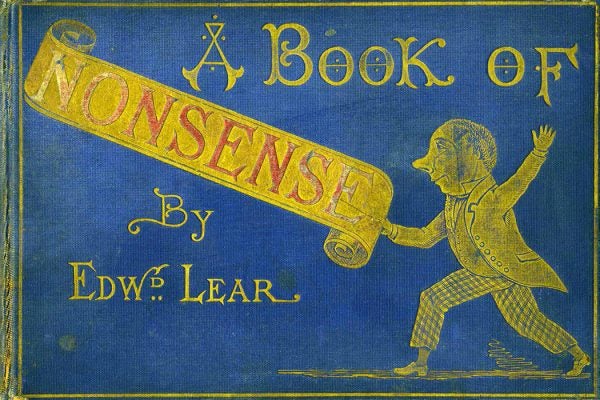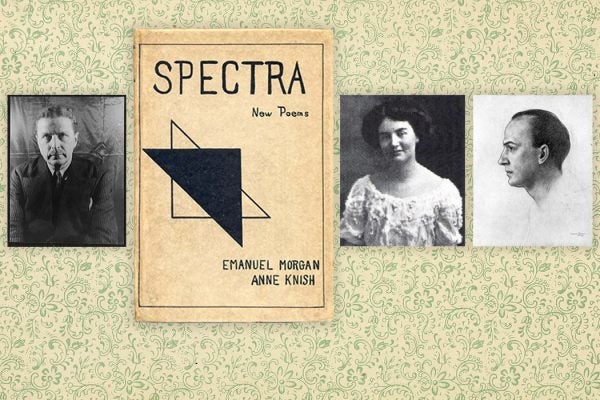How to Dress for Dystopia
Some nineteenth-century novelists predicted horrible futures, with perfectly horrible clothing to match.
How Being Polite with Police Can Backfire
When it comes to interactions with the police, the law favors direct speech. But that's not always the way we're trained to speak to people in power.
Poetry from the Trenches of WWI
Tragically killed in action during the Battle of Arras in 1917, Edward Thomas was on the verge of a breakthrough.
The Haiku of Richard Wright
As he lay bedridden with dysentery, the author wrote an astonishing number of haiku. What inspired him?
The Heretical Origins of the Sonnet
The lyrical poetic form’s origins can be traced back earlier than Petrarch.
Reginald Dwayne Betts
A 2012 essay from the American Poetry Review on poetry and the architecture of anger.
Ernest Hemingway and Gender Fluidity
Despite his reputation for hypermasculinity, the author was fascinated by different forms of gender expression.
Sonnets by 11 Contemporary Poets
The name of this fourteen-line poetic form comes from the Italian sonetto, meaning "a little sound or song."
There Once Was a Poem Called a Limerick
Whose history, they say, isn't quick. It's all such a muddle, it can leave you befuddled, whether you like the clean or the sick.
Spectra: The Poetry Movement That Was All a Hoax
In the experimental world of modernist poetry, literary journals were vulnerable to fake submissions.


